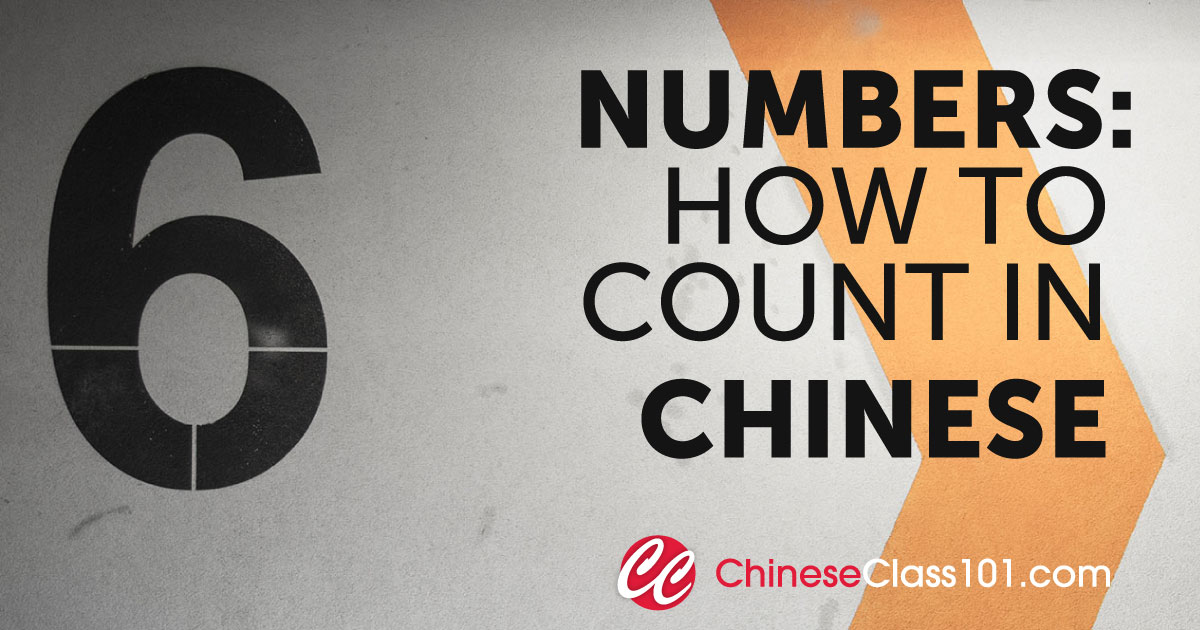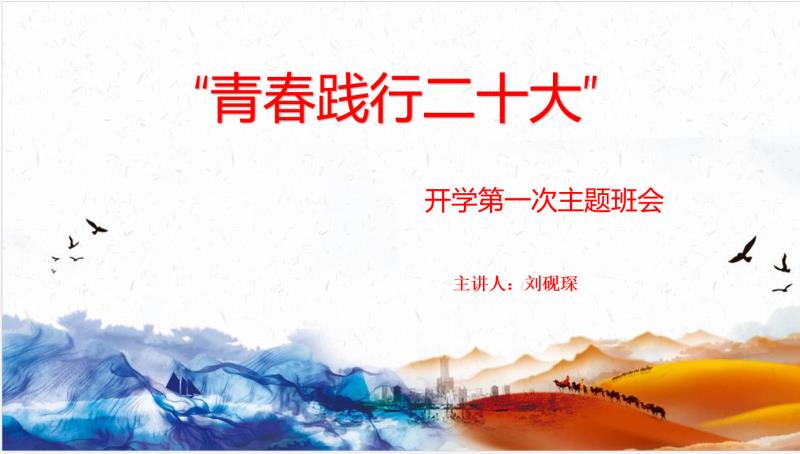In this edition: methods to fight insomnia, China’s First Lady, living off-grid in China, cheating partners and Taiwanese history (and two idioms 甩锅 + 擦边球).
Daily Chinese Expression 192 「甩锅 」 Speak Chinese with Da Peng 大鹏说中文
甩锅 or “throwing the pot” means to “throw” the responsibility of the matter to others (to shirk responsibility and blame someone else). I wasn’t aware of this, but Da Peng warns us that this expression is very colloquial and should not be used in formal occasions. That reminds me that communicating in Chinese is one thing, using the right expressions in the right place and time is another.
Level indication: HSK 4 / 5 (with Chinese subtitles)
| 来源于网络的中文表达 | láiyuán yú wǎngluò de zhōngwén biǎodá | Chinese expressions from the Internet |
| 甩锅 | shuǎi guō | throw the pot |
| 背黑锅 | bēihēiguō | to take the blame |
| 把责任推卸给别人 | bǎ zérèn tuīxiè gěi biérén | to shift responsibility to others |
| 承担责任 | chéngdān zérèn | to take responsibility |
| 我把锅甩给你 | wǒ bǎ guō shuǎi gěi nǐ | I throw the pot to you |
| 推卸 | tuīxiè | to shirk |
| 别甩锅给你的朋友 | bié shuǎi guō gěi nǐ de péngyǒu | don’t blame your friends |
Daily Chinese Expression 193 「擦边球」 Speak Chinese with Da Peng 大鹏说中文
I enjoy these short podcasts by Da Peng, so I decided to include one more. The idiomatic expression “擦边球” literally means “edge ball” and refers to a bad ball in table tennis. However, in life, “playing around the edge” is a metaphor for taking advantage of loopholes (漏洞) in regulations or laws to get what you want or achieve your goals.
Level indication: HSK 4 / 5 (with Chinese subtitles)
| 擦边球 | cābiānqiú | edge ball |
| 正方形 | zhèngfāngxíng | square |
| 边缘 | biānyuán | edge |
| 只能靠运气 | zhǐ néng kào yùnqì | only by luck |
| 运气球 | jiǎoxìng xíngwéi | lucky ball |
| 可以比喻一种侥幸行为 | qiú kěyǐ bǐyù jiǎoxìng xíngwéi | it describes an act of fluke |
| 漏洞 | lòudòng | loophole |
| 利用漏洞 | lìyòng lòudòng | exploit |
| 碰碰运气 | pèng pèng yùnqì | take a chance |
What I Do When I Can’t Sleep – Intermediate Chinese Podcast HSK4 Listening 失眠/睡不著
What do you do when sleep won’t come? Anyone who suffers from insomnia knows to what kind of despair sleepless nights can lead. But you can take countermeasures as discussed in this podcast by Abby in Taiwan.
Level indication: HSK 4 (with Chinese / English subtitles)
| 失眠 | shīmián | insomnia |
| 跟有些人比起来 | gēn yǒuxiē rén bǐ qǐlái | compared to some |
| 乐极生悲 | lèjíshēngbēi | “extreme joy begets sorrow” |
| 奇妙 | qímiào | wonderful |
| 满有效 | mǎn yǒuxiào | very effective |
彭丽媛 the China’s First Lady Peng Liyuan interview (2007)
Did you ever wonder who is the first lady of China? I found this old interview with Peng Liyuan (Chinese: 彭丽媛; pinyin: Péng Lìyuán) which marks the fact that she served for 27 years in the Chinese military as an “entertainment officer”. She is a well-known Chinese singer and originates from Shandong Province. Peng married XJP in 1987, but never stopped performing for the Chinese troops. The main purpose of the interview seems to honor Peng Liyuan and her work.
Level indication: HSK 5 (with Chinese subtitles)
| 当兵 | dāng bīng | to serve as a soldier |
| 级别 | jíbié | rank |
| 高调 | gāodiào | high profile |
| 低调 | dīdiào | low key |
| 文艺兵 | wényì bīng | art soldier |
| 演唱 | yǎnchàng | to perform |
Off-grid living in China
I was looking for a video about off-grid living in China and found this guy called 胡子大哥 (big brother beard if that makes sense). He seems to be living in rural Yunnan somewhere and grows his own food, keeps four dogs and plays a colorful guitar.
Level indication: HSK 4 (with Chinese subtitles)
| 原生态环境生活 | yuán shēngtài huánjìng shēnghuó | living in the original ecological environment |
| 胡子大哥 | húzi dàgē | bearded brother |
| 多才多艺 | duōcáiduōyì | versatile |
| 原始生活 | yuánshǐ shēnghuó | primitive life |
| 公鸡 | gōngjī | rooster |
| 自己纯手工做的 | zìjǐ chún shǒugōng zuò de | handmade |
| 茶树 | cháshù | tea tree |
| 摘茶叶 | zhāi cháyè | picking tea leaves |
| 搭了一个梯子 | dāle yīgè tīzi | built a ladder |
What Would a Chinese Girl Do If She Catches Her Guy Cheating? – Mandarin Corner
Always a pleasure to watch new content from Mandarin Corner, especially since I don’t see much other channels doing this kind of street interviews that are subtitled specifically for Chinese learners. In this video, Eileen hits the streets of Guangzhou to ask people the following questions:
- What percentage of women cheat and why?
- Emotional and physical cheating, which one is worse?
- What’s considered cheating? Does going to prostitutes count?
- If your partner cheated, what would you do?
- If there were kids, would you stay in the marriage for their sake?
- Would you beat the mistress?
- Would you cheat in the future?
- If your best friend cheated, what would you do?
- Who faces greater social pressure due to cheating: men or women?
One thing I learned is that there are two kinds of cheating: 肉体出轨 (physical) and 精神出轨 (mental). Not less interesting: according to recent statistics women in China are not only being cheated, with their growing financial independence they also cheat on their husbands more and more.
Level indication: HSK 5 (with Chinese / English / pinyin subtitles)
| 出轨 | chūguǐ | to cheat in a relationship |
| 渣男 | zhānán | scumbag |
| 经济独立 | jīngjì dúlì | economic independence |
| 肉体出轨 | ròutǐ chūguǐ | physical cheating |
| 精神出轨 | jīngshén chūguǐ | mental cheating |
| 嫖娼 | piáochāng | whoring |
| 分手 | fēnshǒu | to split up |
| 离婚 | líhūn | to divorce |
| 为了结婚而结婚 | wèi le jiéhūn ér jiéhūn | get married for the sake of getting married |
Taiwan’s Tragic History: Colonialism, 228 and the White Terror
It is strange, but I hardly know anything about Taiwanese history, except for the fact that the Kuomintang took over the island after they lost the civil war against the communists (and that my Dutch ancestors occupied ‘Formosa’ for a while, yet not nearly as long and thoroughly as the Japanese). This podcast episode covers the contemporary history of Taiwan. From Japanese colonialism (1895-1945), the rule of the Kuomintang (国民党) and the white terror (白色恐怖). Abby shares some crucial insights why Taiwanese people’s identity is so complex and manages to explain it without difficult terminology or confusing idioms.
Level indication: HSK 5 / 6 (with Chinese / English subtitles)
| 日治时期 | Rì zhì shíqí | Japanese occupation period |
| 日本统治台湾 | rìběn tǒngzhì táiwān | Japan ruled Taiwan |
| 反抗 | fǎnkàng | resist |
| 抗日活动 | kàngrì huódòng | anti-Japanese activities |
| 原住民 | yuán zhùmín | aborigines |
| 受到压迫 | shòudào yāpò | oppressed |
| 残暴 | cánbào | brutal |
| 贡献 | gòngxiàn | contribute |
| 很腐败 | hěn fǔbài | very corrupt |
| 国民党 | guómíndǎng | Kuomintang |
| 殖民地 | zhímíndì | colony |
| 悲剧 | bēijù | tragedy |
| 白色恐怖 | báisè kǒngbù | white terror |
That’s it for April. As always thanks for dropping by and hope to see you back next month with more Chinese content!












